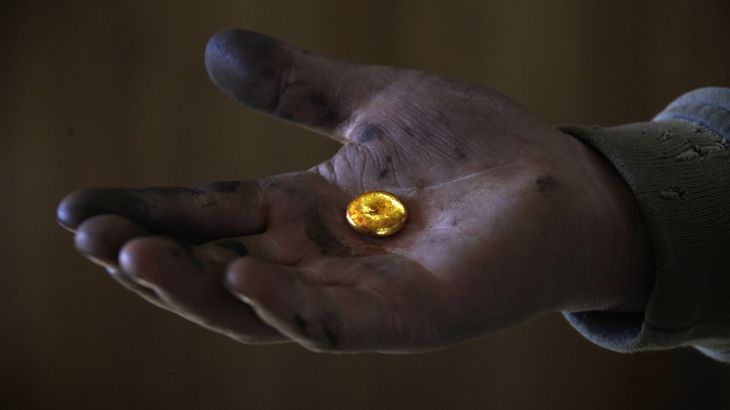
Chemistry: The Search for the Philosopher’s Stone
We explore how the work of medieval chemists has impacted the evolution of modern chemistry.
The chemical industry has reshaped the modern world – giving us new fuels, drugs and materials. But the methodology and principles of chemistry go back over a thousand years.
Between the 9th and 14th centuries, there was a Golden Age of Science when scholars from the Islamic world, like Jabir Ibn Hayyan and Al-Razi, introduced a rigorous experimental approach that laid the foundations for the modern scientific method.
Keep reading
list of 4 itemsBoeing’s jets turn 70: A timeline of highs, lows and turbulence
US university ties to weapons contractors under scrutiny amid war in Gaza
Scientists discover sperm whale ‘phonetic alphabet’
In this episode of Science in a Golden Age, theoretical physicist Jim al-Khalili leads us on an exploration of just how these scientists began the process of transforming the superstition of alchemy into the science of chemistry.
He begins by unpicking the medieval obsession with alchemy – the effort to turn common, less valuable metals into gold. He looks into the work of Jabir Ibn Hayyan, a polymath who grew up in modern-day Iran and who is credited with applying an experimental-based approach to early chemistry.
Through his determined efforts to dissolve and transform metals, Ibn Hayyan learnt much about acids. Together with Professor Hal Sosabowski from the University of Brighton, Jim looks at the reaction of gold with aqua regia – a powerful combination of acids that Ibn Hayyan discovered.
Following on from Ibn Hayyan’s work, chemists like Al-Kindi and Al-Razi furthered the development of scientific practice, basing their work on careful experiments and observations. Their obsession with accuracy was what qualified them as being amongst the first true scientists. Jim shows us the ‘Mizan Al-Hikma’, an intricate set of scales built by a scholar by the name of Al-Khazani in the 12th century. What set this piece of equipment apart was not just the beauty of the craftsmanship, but the exacting precision it delivered.
The chemical processes developed by the Islamic scientists were motivated by numerous factors – one of which was the requirements of Islam itself – for example, the washing of the hands, face and feet before prayer. This requirement for cleanliness quickly led to the development of whole industries – like the production of soap. The first solid bars of soap were manufactured in the Islamic world and Jim looks at how alkalis helped develop the soap industries of the Golden Age.
From Jabir Ibn Hayyan to Al-Kindi to Al-Razi, this episode covers the works of some of most prolific and influential chemists of the Golden Age and tells the story of how the evolution of modern chemistry began.